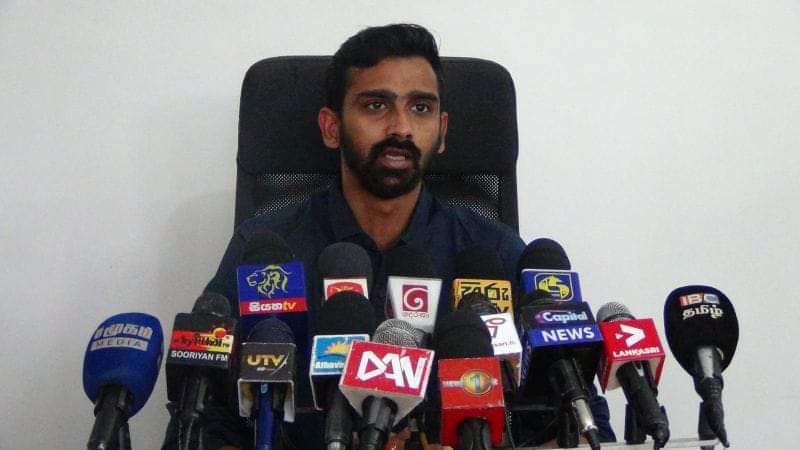Minister Jeevan Thondaman says both Sri Lanka and India must take responsibility for restoring the rights and dignity of every Indian Origin Tamil (IOT) community of Sri Lanka.
Though half a century has lapsed since India signed the Indo-Sri Lankan agreements (Sirimavo-Shastri Pact of 1964 and Sirima-Gandhi Pact of 1974) to resolve the status of Indian Origin Tamils (IOT) in Sri Lanka, the Indian government has still not fulfilled its treaty obligations, the Madurai Bench of the Madras High Court observed on Thursday.
Issuing a statement today, Minister Jeevan Thondaman welcomed the decision of the Madras High Court, which he says brings to light the longstanding injustices faced by the Indian Origin Tamil (IOT) community of Sri Lanka.
He said the Sirima-Shashthri pact’s forced repatriation of our people, who had enriched Sri Lanka for over 150 years at the time, remains a stark reminder of the historical injustices imposed on my community that continue to resonate.
“Our community, torn from their homeland, denied Sri Lankan citizenship for nearly 50 years, and left in limbo without Indian citizenship, has endured decades of statelessness. Although citizenship issues were finally resolved in Sri Lanka in 2009, this has profoundly affected their access to basic rights, identity, and dignity. Today, our Government is working on healing the deep scars left by these injustices,” the Minister said.
Thondaman said that President Ranil Wickremesinghe’s Committee on Integration of the Plantation Community seeks to find and implement practical solutions to fully integrate the IOT plantation community to Sri Lankan society.
“The President’s recent announcement to give every estate worker family 10 perches of land, will finally give them ownership over the land they have lived and toiled in for 200 years,” he said.
However, Thondaman asserted that this is not enough and that every IOT forcibly taken away, must also have the right to return back to Sri Lanka.
“This is not just a demand; it’s a call to rectify historical wrongs. Both Sri Lanka and India must take responsibility for restoring the rights and dignity of every individual affected. The long-term impact of statelessness on the IOTs is a collective failure of both countries,” he said.
Thondaman said he is committed to work with all partners including India, to ensure justice and a rightful place for the IOT community in Sri Lanka and Indla’s shared history.


